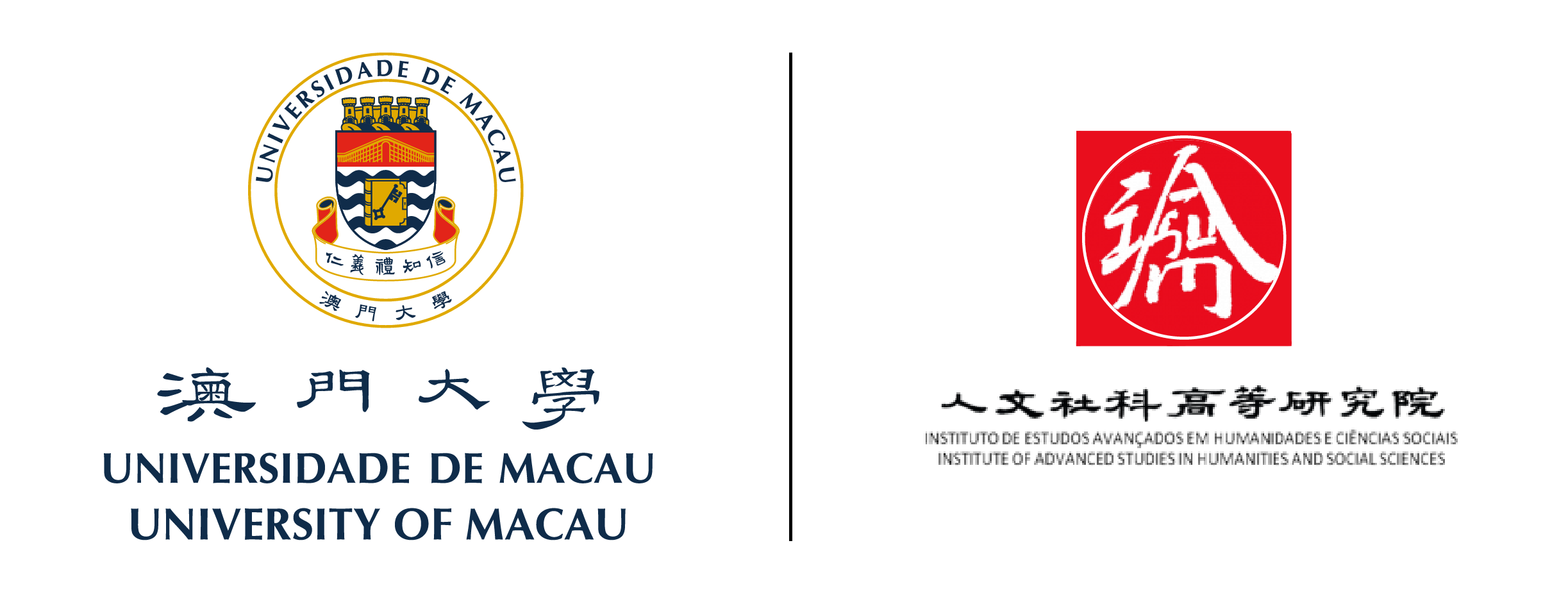
The 2024 Cultural Lecture — the book sharing of “Revolution by Means of Culture: The Late Qing Revolution and Zhang Taiyan”, organized by IAS, was successfully held on 22 April, 2024, at the E34 Cultural Building. Professor Lin Shaoyang from the Department of History, FAH, and the Head of Academic Programme and Publication of IAS was invited to be the speaker; Professor Liu Shih-Diing, Professor of the Department of Communication, FSS, and also the Senior Research Fellow of IAS, was invited to be the discussant; and Professor Wang Di, the Chair Professor of the Department of History, FAH, and Associate Director of IAS, was invited to be the moderator.
During the lecture, Prof. Lin provided a comprehensive analysis of Zhang Taiyan’s political thoughts, the comments towards Zhang Taiyan within the academic community, the social background of the New Culture Movement and the Xinhai Revolution. He posited that “though the New Culture Movement and the mainstream interpretations of the Xinhai Revolution seem to be unrelated, in fact they are connected.” He then articulated his perspective on the dichotomy between revolution and progress. He posited that the dichotomy between progress and revolution has profoundly influenced Chinese realpolitik. In his interpretation of the Xinhai Revolution, Prof. Lin highlighted that when examining historical events, it is possible to consider them within a broader temporal and spatial context; in other words, within a “long duration”. This approach to historical analysis differs from the conventional opinions of events as a “short duration”, and it leads to the identification of overlooked aspects. When it comes to the final part of his speech, Prof. Lin presented a summary of the compositional elements of the late Qing revolution: 1) armed insurrection; 2) autonomy movement; 3) revolution by means of “culture”. When describing the purpose of this book, Prof. Lin stated that he is attempting to reconstruct the general recognition of “what socialism is,” and also to reinterpret Chinese modernity by focusing on the historical position of Zhang Taiyan and his surroundings, as well as on the historical position of the late Qing Dynasty in Chinese modernity.
During the discussion session, Prof. Wang offered some insights on the subject. He posited that the way to understand the revolution is crucial and concurred with Prof. Lin’s perspective of examining historical events through a longer and broader temporal and spatial lens. Additionally, he mentioned that it is vital to grasp the intricate interrelationship between progress and revolution. Prof. Liu, on the other hand, interpreted the book from an emotional and spiritual point of view. He offered a political-psychological interpretation of Zhang Taiyan’s mental state. He posited that Zhang Taiyan is akin to a “psychopath” who resists cure, yet he transforms the term “psychopath” into a political concept, offering an alternative cultural imagination with a certain socio-political critique. The identity of ” psychopath” opens up additional space for discussion in the current context, promoting social and cultural change.
During the Q&A session, the audience engaged in discourse on a number of topics, including “Japan as an entry point for the late Qing Revolutionary Movement in the study of modern Chinese history,” “how to define the duration of time,” “how to differentiate between subjective will and objective consequences,” “Zhang Taiyan’s opinion of the May Fourth Movement,” and “the understanding of culture”. Prof. Lin stated that the relationship between these factors is complex and cannot be reduced to a simple matter. Instead, it involves a broader geographical field that must be considered. The temporal scope is not constrained by any specific limits but rather depends on the specific focus of the research. What is more crucial is that the research can contribute to the liberation of the blind spots of conventional cognition. The “world” he discussed in this book is a moral and intellectual construct, imbued with universalist values, that differs from the contemporary concept of the “world”. He believed that when studying contemporary history, it is essential to pose more questions and engage in more critical thinking.
The lecture attracted students and faculty members from a variety of academic disciplines, fostering a robust exchange of ideas. As a forum for interdisciplinary discourse, the lecture provided an opportunity for participants to expand their knowledge and perspectives, infusing their future academic and professional endeavours with vitality.







